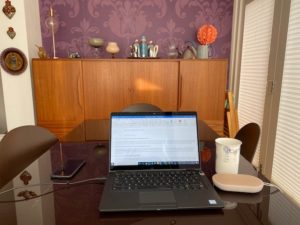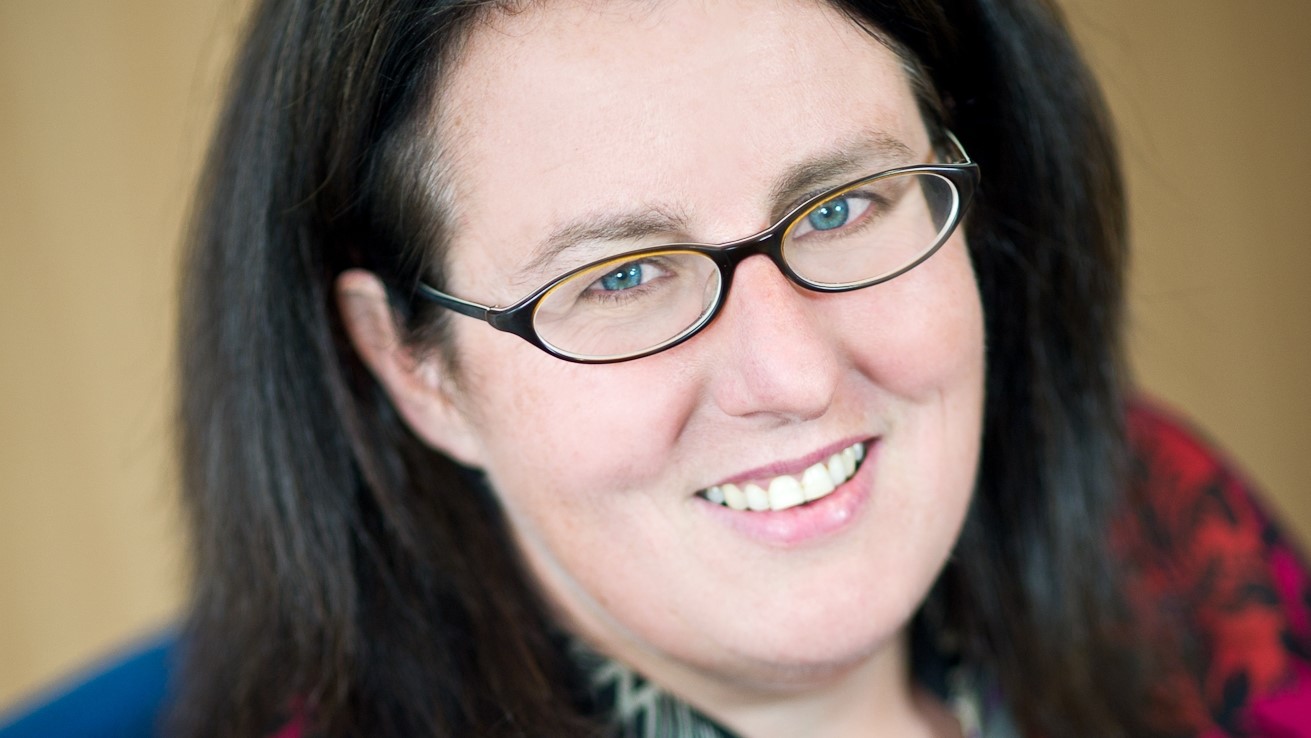How has the coronavirus affected your day-to-day work?
From a portfolio perspective, our model portfolios are managed using a long-term strategic asset allocation and, as such, we have encouraged clients to use market weakness to rebalance their portfolios back to the prescribed asset allocation of the model in which they are invested.
Physically, meanwhile, across all the Morningstar offices globally, most of us are now working from home –however, thanks to technology and specifically Zoom, we are in regular contact with each other. My team has daily calls to keep in touch and discuss any specific areas that need to be covered or workflow needs where help is required. Outside of this, all other meetings – be they internal or external – are being conducted by Zoom and so, from a workflow perspective, there has been very little impact on our day-to-day work.
 What have been your biggest contributor to, and detractor from, performance since the coronavirus hit markets?
What have been your biggest contributor to, and detractor from, performance since the coronavirus hit markets?
In absolute terms, the only positive contributor to performance in our models has been cash. Up until the end of last week, UK gilts were the most significant contributors to performance in absolute terms, but following the sell-off in bond markets, they too are now down in absolute terms quarter to date.
Do you have any behavioural mechanisms in place for navigating the market volatility?
Morningstar has always paid significant attention to the behavioural biases that affect us as investors and dedicates a lot of time and resource to developing an understanding of how this impacts both us and our clients. To this end, it is part of our DNA and, consequently, we spend most of our time thinking about how we can take advantage of the current market environment and, more importantly, help our clients navigate this too.
At the micro level, our daily calls as a team help us to remain positive and not get too caught up in all the ‘noise’, while at the same time being mindful of the need to remain vigilant and careful through what is undoubtedly a very serious situation.
What has surprised you most about markets during the coronavirus sell-off?
Honestly, nothing.
What feedback have you had from clients since the sell-off?
Clients have been appreciative of the extent to which we are able to provide them with data and information to help their clients retain perspective and navigate their way through this period of extreme market volatility.
What are the key messages you want to hear from your holdings at the moment?
I want to know that managers are being diligent about sticking to their investment process but, at the same time, are alert to the ever-changing environment and reassessing the risks as they emerge. While all aspects of the market are coming under severe pressure and there are many instances of the ‘baby being thrown out with the bathwater’, there are undoubtedly also going to be winners and losers that emerge when all is said and done. As such, I would like to know they are alert to these opportunities and threats and thinking of them within the context of the funds they manage.
How does this compare to other market sell-offs you have managed money through?
One of the biggest differences is the extent to which this sell-off is not just about markets or even big businesses. On a personal level, we are all impacted and people are probably spending as much time thinking and worrying about their own personal safety and that of their family as they are about markets and the impact it has on their clients. At this stage, it is also unclear just how many smaller businesses will be impacted. Will governments find the right mechanism to support these businesses? How will the people they employ be impacted? What will that ultimately mean for global economies?
How do you find working remotely during volatile markets?
In some ways it is probably quite helpful as one is arguably away from the ‘noise’ but, equally, there is a risk that you spend more time listening to the news on the television or reading articles on the internet, which may not be particularly helpful.
Additionally, to the extent that everyone is also concerned about their personal safety, activities you may have historically done to distract yourself or take a break, such as go out for a meal, go down to the pub for a drink or even get out for some exercise are all things you will think carefully about or choose not to do at all. From a behavioural aspect, this makes the situation we find ourselves in tricky or more difficult as you have to find new ways to distract yourself and keep yourself sane.
The other afternoon we set up a global Zoom call with analysts from around the world where everyone took a break together and shared personal stories and experiences. It was really helpful to hear from colleagues in Asia who are arguably past the worst and, on the other side of the spectrum, colleagues in Italy who are in the eye of the storm – and then us in the UK who are probably somewhere in between.
What do you do for fun when you take a break from working at home?
I take my dog for a walk, call a friend, chat to my family or catch up on one of the shows I’m watching on TV.
What is your favourite snack when working from home?
I’m trying not to snack too much so will probably just have a cup of coffee or tea.
Do you have a ‘top tip’ to share on working remotely?
Stay connected with as many people as you can and as often as you can using the many forms of technology available to us.
Ruli Viljoen is head of manager selection, manager selection services at Morningstar UK











